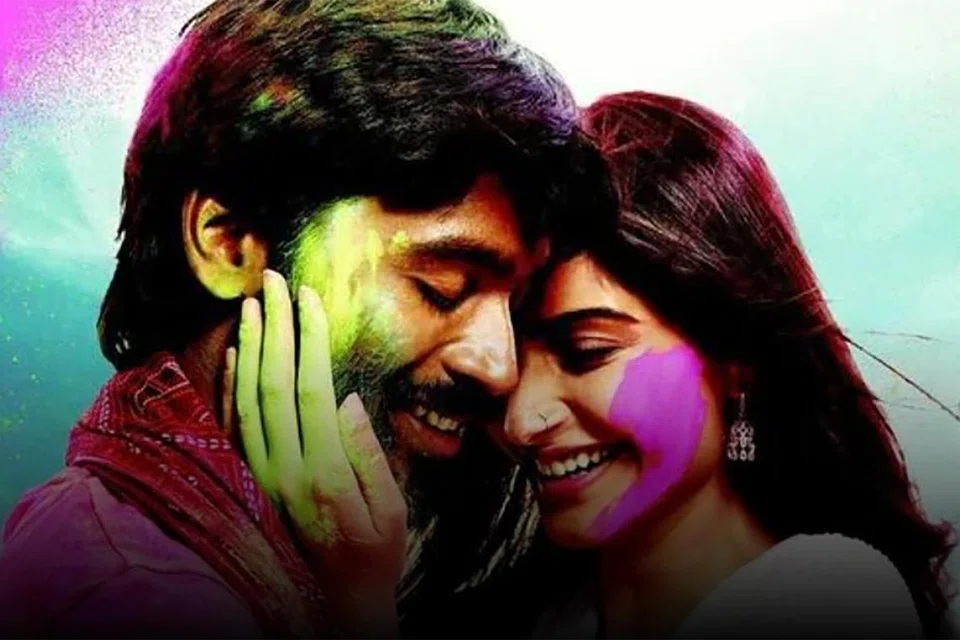A major row has erupted in the Indian film industry after Eros International announced that it would re-release the 2013 romantic drama Raanjhanaa with an altered AI-generated ending.
The new version transforms the film’s original tragic climax into a joyful ending for its Tamil-dubbed version, Ambikapathy, set to hit theatres on Aug 1 in Tamil Nadu.
The move has been met with widespread criticism, especially from the film’s original director, Aanand L. Rai, who claims the re-edit was done without his knowledge or consent.
In the original film, Dhanush’s character, Kundan, dies after being shot at a rally in Delhi – a poignant and emotional end that gave the film its cult status. In the AI-modified version, he reportedly survives, completely altering the film’s message and tone.
“This is a gross violation of creative integrity and artistic trust,” Rai told Variety, emphasising that the studio’s decision disregards the very foundation of authorship and intent. “Tampering with it after the fact, especially through artificial means, is not just a breach of trust. It is a breach of the very idea of authorship.”
Prominent voices in the industry have rallied behind Rai. Director Kabir Khan called the move “criminal”, while actor-director Renuka Shahane said it broke the “unwritten contract” between creators and studios.
“The project is like a baby,” Shahane said, “and you’ve taken it away from the parent without consent. It’s morally and ethically wrong.”
Eros CEO Pradeep Dwivedi, however, defended the studio’s actions, describing the AI-powered ending as a “respectful reinterpretation.”
In a LinkedIn post, he argued that cinema has always evolved with technology – from black-and-white to colour, from analog to digital, and now, from human-only to AI-enhanced storytelling. “If the technology allows us to do something good with it, why not?” he said.
But many creatives remain unconvinced. Screenwriter Kanika Dhillon called for stronger protections for filmmakers’ moral rights. “Just because a studio owns the legal rights doesn’t mean they can rewrite a story without involving those who created it,” she said.
The controversy is further complicated by an ongoing legal dispute between Eros and Rai’s production company, Colour Yellow Productions. While Eros insists Rai waived moral rights during the film’s development, Rai maintains that artistic consent is still essential – and Indian courts have, in some cases, recognised directors’ moral rights even after economic rights are transferred.
As Ambikapathy nears release, the AI-altered ending has become more than a creative experiment – it’s now a flashpoint for questions around authorship, ethics, and the unchecked power of AI in cinema.

